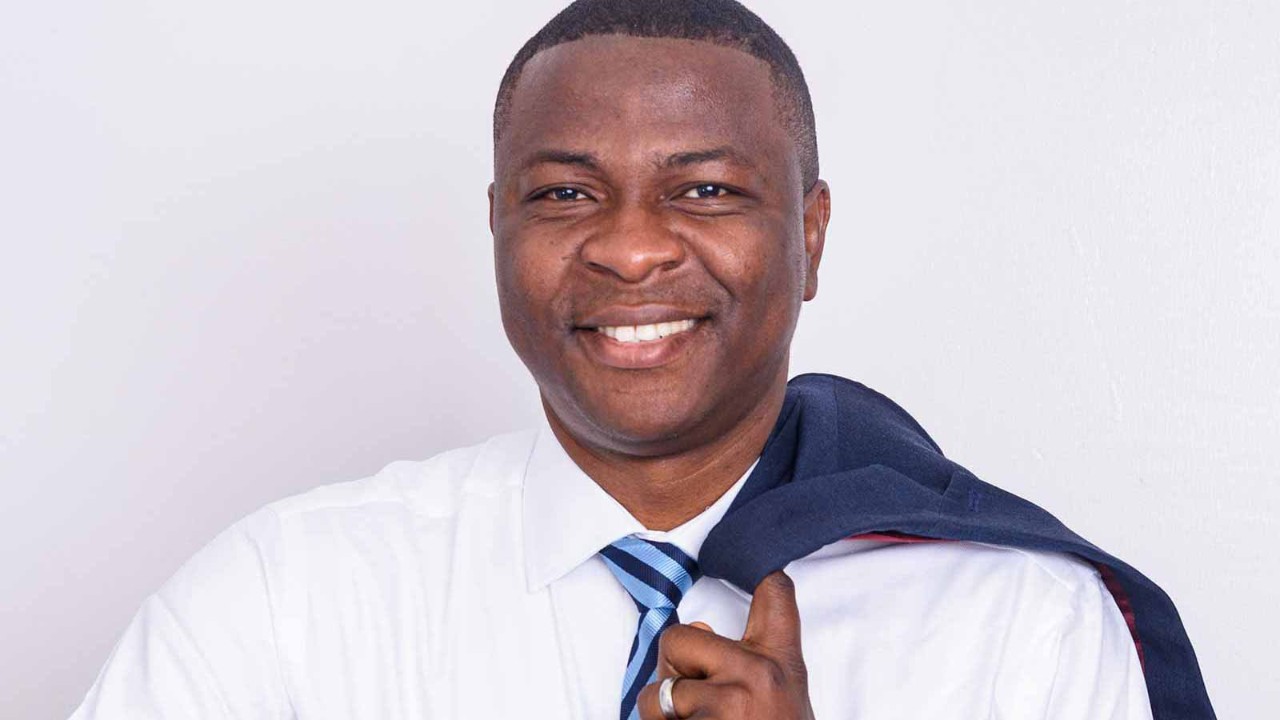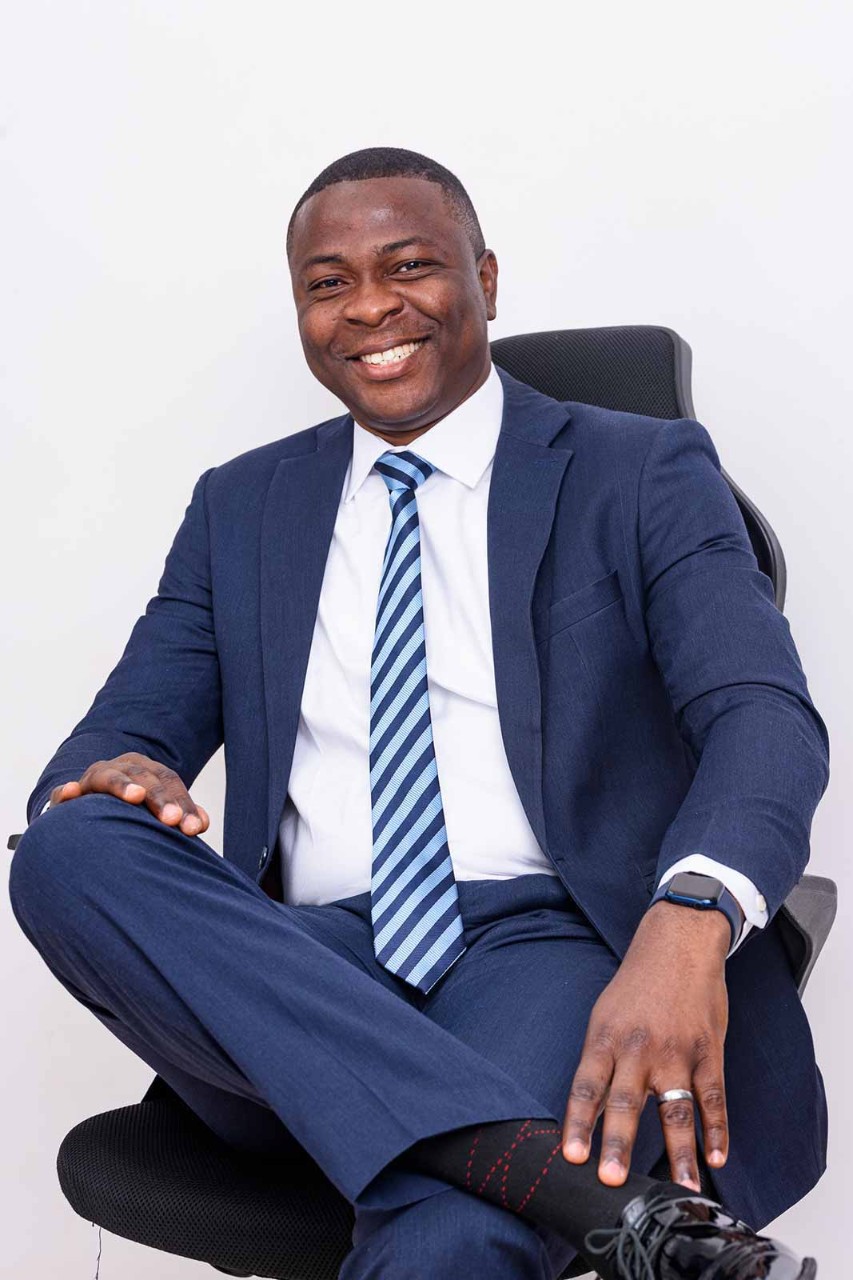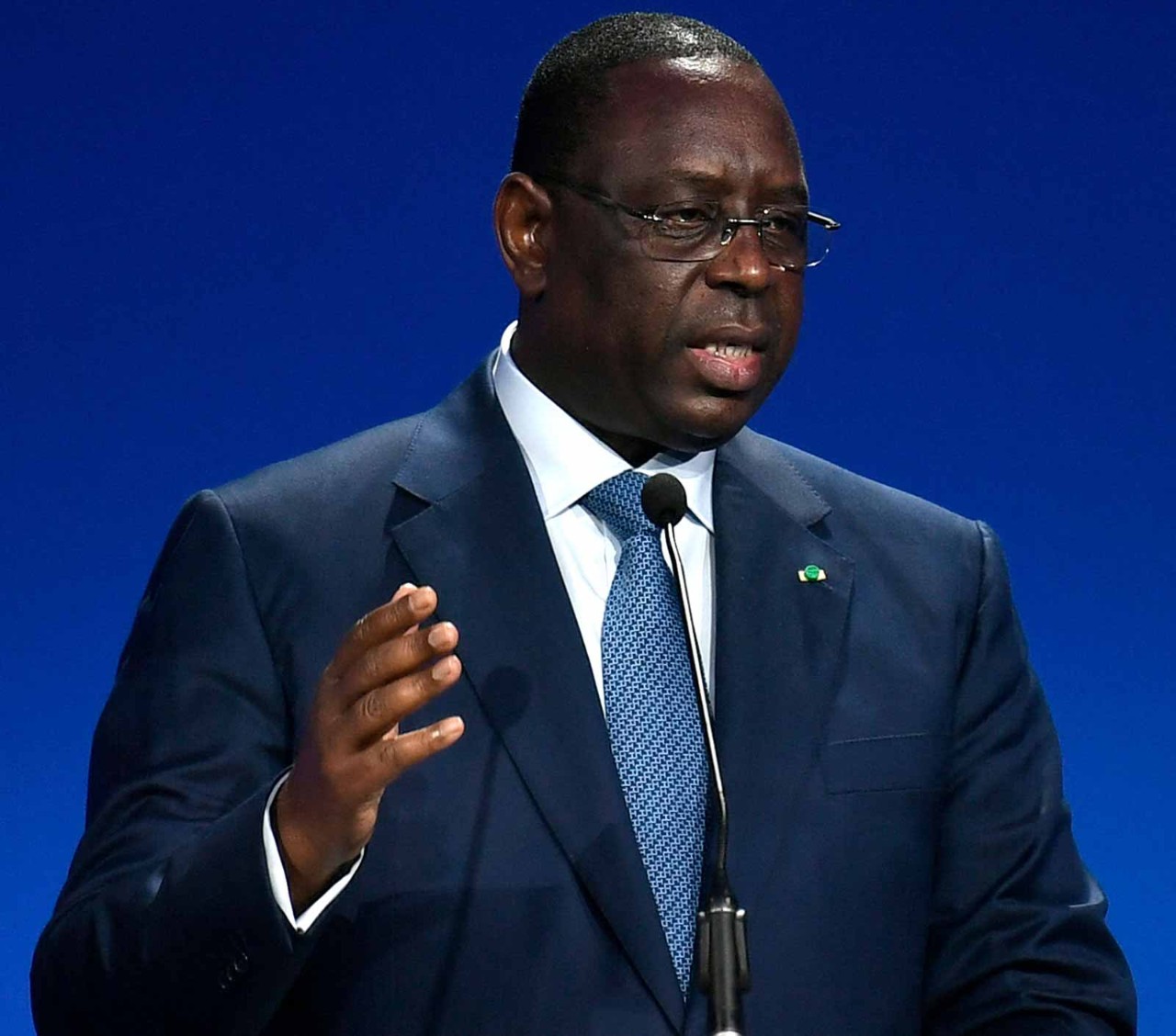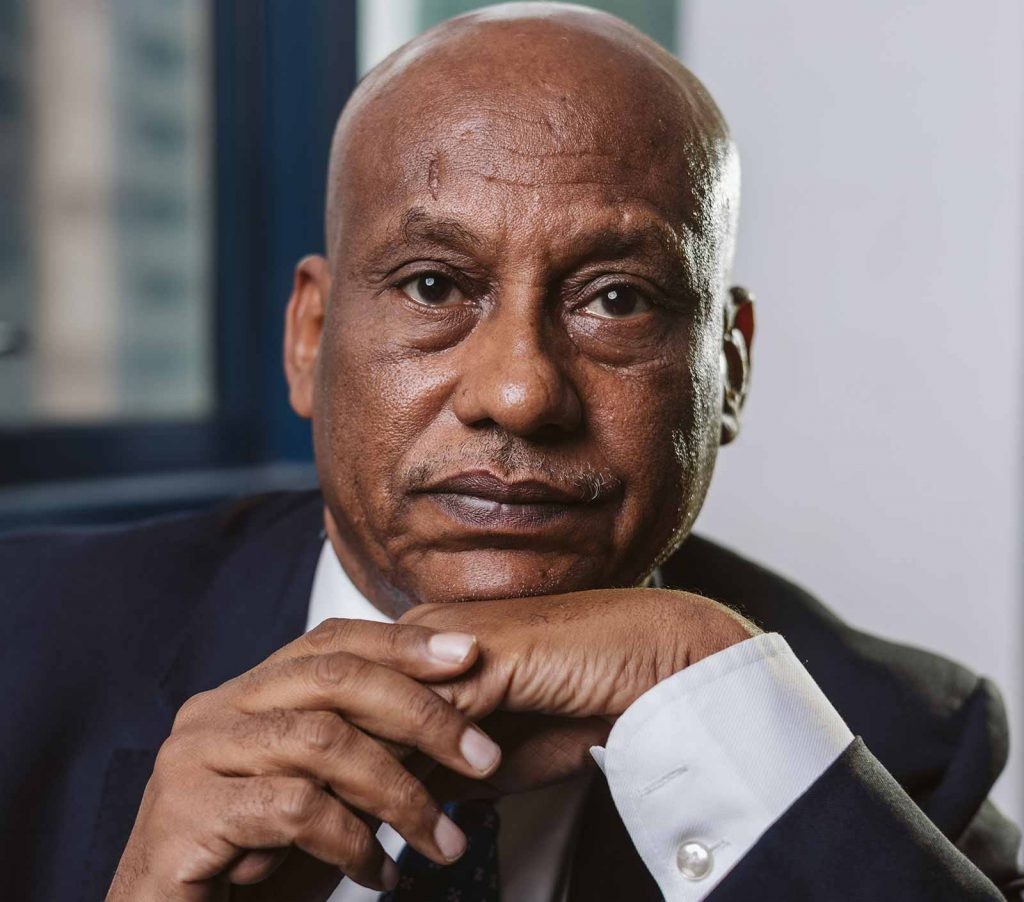
Back in his student days, Dr Dami Adeyemi-Levites ACCA had no plans to become a finance professional, still less an entrepreneur. He was already on course to become a medical doctor when he started to have doubts.
‘I realised during medical school that I wanted to be more on the business side,’ he says. ‘I was interested in the healthcare space, though, so after completing my degree I worked for three years as a medical officer to solidify my experience in the sector.’
‘Patients used to expect to see a doctor in person; the pandemic changed that’
Bridging the gap
The decade since has seen him qualify with ACCA and, in 2021, co-found Heala Tech, a start-up in the fast-growing Nigerian healthtech space, with two others who share his aspirations. The business launched in the wake of the Covid-19 pandemic, on the back of a softening in attitudes to virtual healthcare. ‘In the past, patients in Nigeria, as in many countries, expected to see a doctor in person,’ Adeyemi-Levites says. ‘The pandemic changed that narrative. Now people are more willing to visit a doctor online.’
Using technology, the firm aims to bridge the gaps between individuals and healthcare providers – pharmacies, hospitals, dental centres and the like. Patients, meanwhile, can download an app that enables them to check symptoms, access 24/7 medical support and take control of personal health records.
Opportunity
Adeyemi-Levites exhibits huge enthusiasm for his ‘vision’. He says: ‘I want to solve big problems, which you can’t do as an employee. I want to build something where the decisions I make will spiral down to every healthcare seeker out there. As a doctor helping one patient at a time, it would take more than a lifetime to make that sort of impact.’
In a nation with some of the world’s worst health statistics, the move towards integrated healthcare is key to improving access to medical services. Nigeria, which is set to become the world’s third-most populated country by 2050 (after India and China), has an average life expectancy of 54 – the fifth lowest in the world – while the country accounts for 20% of maternal deaths globally.
‘I like looking for where the problems are and solving them’
CV
2021
CEO and co-founder, Heala Tech, Nigeria
2017
Head of strategy and execution, PanAfrican Capital, then various roles, including senior vice-president of risk, Reliance Health
2014
Risk manager, Lifecare Partners
2013
Quality assurance executive, Redcare Health Services, then senior claims and benefits officer, Novohealth Africa
2011
Medical house officer, Lagos University Teaching Hospital, then medical officer, Akure South Local Government
After graduating from medical school in 2010, Adeyemi-Levites realised that if he wanted to succeed in business he would need a relevant qualification. He enrolled with ACCA and combined studying for the qualification with completing his mandatory postgraduate medical experience.
The next few years saw him work for a number of health maintenance organisations (HMOs), entities that serve as middleman between hospitals and clients seeking healthcare services – experience that opened his eyes to the structural problems facing Nigeria’s healthcare sector.
‘There were so many disconnections and imperfections,’ he says, adding that a major issue was claims settlement. ‘Health insurance companies would default on paying hospitals and other healthcare providers, and hospitals would deny access to care because of it.’
In 2017, Adeyemi-Levites joined PanAfrican Capital as head of strategy and execution, where he gained valuable corporate finance experience. ‘In seven months I learned about debt finance, equity finance, markets, deal origination, special purpose vehicles, and how to acquire funding and negotiate,’ he says.
Risk manager
Equipped with these additional finance skills, he joined healthtech start-up Reliance Health as a consultant, going on to become its senior vice president of risk. Having witnessed first hand the issues around late payment in the health insurance sector, Adeyemi-Levites helped to slash payment times.
‘I’m proud of playing a major role in developing the technology that Reliance built to strengthen its internal processes and support its business operations,’ he says, adding that ACCA’s modules on ethics, technology and fraud management proved invaluable. ‘Faster payments mean you’re more exposed to fraud, so I made use of the fraud prevention techniques I learned from ACCA to minimise the vulnerabilities.’

‘The ACCA Qualification offers a huge advantage; every entrepreneur should study for it’
Transformation
Adeyemi-Levites noticed, however, that while technological solutions were transforming the health insurance space, this had not extended into patient services. This observation gave him the impetus to set up Heala Tech. ‘I like putting things together and looking for where the problems are,’ he says. ‘I enjoy solving problems.’
It’s early days for the business, which Adeyemi-Levites says is currently in a ‘bootstrapping’ phase, where the company is largely self-funded. He says Heala currently has more than 60 partners on board, including three HMOs and more than 30 hospitals, with pharmacies, labs, and optical and dental care providers among others signed up. ‘We plan to triple those numbers by the end of Q4 this year, to be ready for a seed round. The interest is there and the growth potential is evident.’
Adeyemi-Levites credits ACCA with helping him gain the skills and confidence required to take the entrepreneurial leap. ‘Having the ACCA Qualification is a huge advantage; I think every entrepreneur should study for it, regardless of their professional background,’ he says.
‘ACCA confers a level of business advantage; it gives you an edge and equips you to perform better. You’re not just a finance person, you’re equipped to manage as well,’ he says.
‘Having that strategic business management knowledge has made a whole world of difference to my life.’

